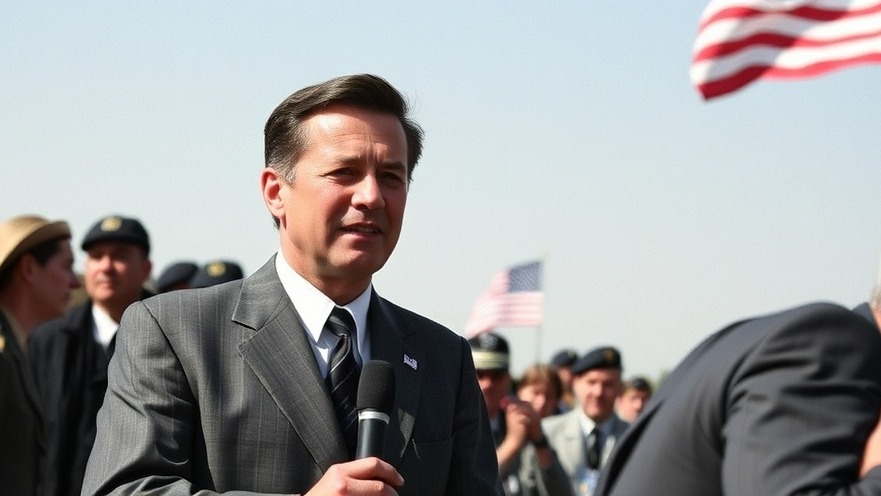
Why Healthcare Professionals Must Stand Up
The growing concern surrounding the nomination of Robert F. Kennedy Jr. as Secretary of Health and Human Services (HHS) has sparked a critical discussion among healthcare professionals, particularly those in concierge medicine. The HHS plays a pivotal role in managing Medicare, Medicaid, and public health services, making it essential for it to be led by someone with extensive qualifications and an unwavering commitment to medical science.
The Credentials That Matter
RFK’s lack of relevant experience raises serious questions. While he has successfully battled personal addiction and made strides in environmental law, he has never served in a governmental capacity relevant to health policy. In stark contrast, the current Secretary, Xavier Becerra, brings invaluable experience from his time in Congress and at the state level as Attorney General. This experience is crucial because it helps navigate the complexities of a department that oversees 80,000 employees and an astronomical budget of $1.7 trillion.
Impact of Misinformation on Patient Care
Healthcare professionals, especially those offering concierge services, might feel frustrated by RFK’s public dismissal of established medical practices. His misleading stance on vaccines and water fluoridation directly contradicts decades of evidence-based medicine. One cannot help but wonder how someone with such views could steer significant healthcare policy, including pandemic management or drug regulations that are critical for patient welfare.
The Ripple Effect on Concierge Practices
Concierge medicine is founded on delivering comprehensive, high-quality care tailored to patients' needs. However, policies shaped by uninformed leaders can complicate the regulatory landscape, affecting practice operations and patient trust. A Secretary of HHS who fails to advocate for scientific integrity poses a risk not only to public health but also to the delicate dynamics of medical practices that emphasize patient-focused care.
What Doctors Can Do
The road forward is fraught with challenges, but healthcare practitioners can play an instrumental role by voicing their concerns and advocating for informed healthcare leadership. Engaging with professional organizations and participating in discussions can help establish a unified front to address these pressing issues. Collective action among medical professionals underscores the importance of credible leadership in safeguarding public health and maintaining the integrity of patient care.
 Add Row
Add Row  Add
Add 






Write A Comment